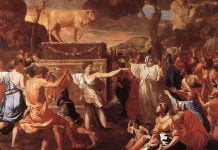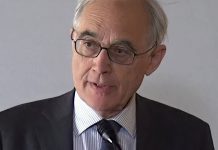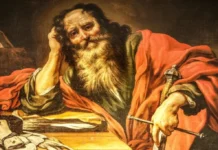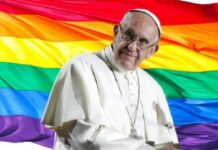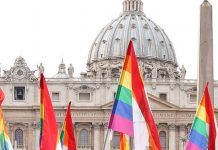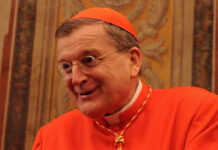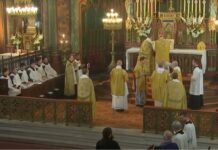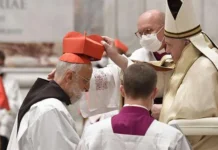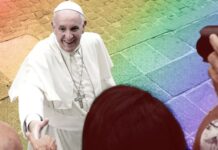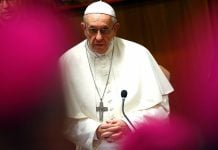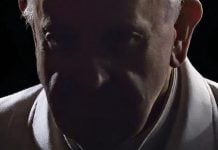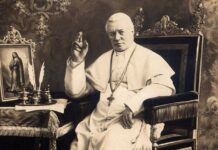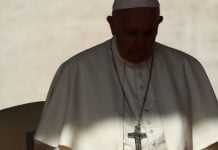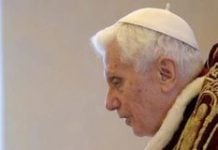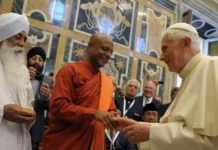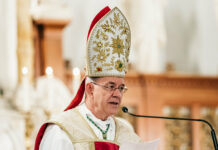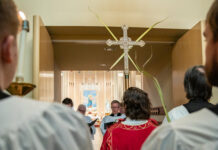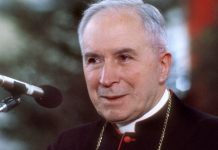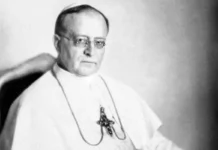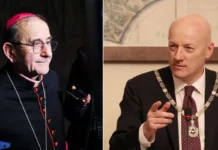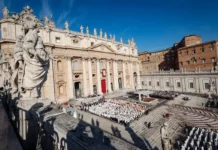Lk 8: 4-15
«Parable of the Sower»
We all know the parable of the sower after having heard it so many times. A sower sewed good seed in different places… producing more or less fruit, or even none.
After having explained this parable with the same sense and meaning for sixty years, I call it to mind now with sorrow. Now I find that the circumstances around us have changed. Where is the sower? Where is the good seed? The reality in front of us is disconcerting. Fro more than fifty years, the Church has not received the true seed of the Word of God. For too many years now we have been receiving bad seed and listening to bad shepherds. Moreover, the Christian people not only have been deprived of good seed, but have even received the poisoned seed of Modernism.
The result of this situation is that the flock is dispersed and each sheep has chosen to seek out its own ways. This has established the reign of confusion.
Ever since it has been said that the Catholic Church is not the One, True Church, there is no longer an element of cohesion. Inside the Church itself, there are a multitude of interpretations. This is why everyone thinks himself to be an expert who knows about everything and judges everything.
The myriad of opinions that exists today brings me to confusion. Everyone knows about everything and feels the need to express their opinion about everything. This is due to the lack of a shepherd to bring unity and firm, sure guidance. As a result, Protestant private interpretation has made its way into the Church. If we add to this Modernism and Historicism, the logical conclusion is that there is no such thing as dogmatic truth. Truth changes according to the circumstances or each moment. As a result, everyone follows his own way and interprets religion with no other guideline than oneself. A great number of little groups have appeared, all of them against one another: sedevacantists, followers of Lefebvre, neocons… Catholic unity has disappeared.
Where is the sower? Where is the good seed? What can the faithful do in this state of confusion? Run to the Magisterium? No. Modernism has already gotten to it and destroyed it. In fact, any Magisterium prior to Vatican II is rejected. What about Sacred Scripture? Can we find refuge in it? The Modernist heresy has worked intensely at it´s destruction by introducing historicism. Can we find refuge in Jesus Christ? No, we cannot. The have gone to great lengths to eliminate his Divinity, his miracles, his Resurrection and his historical existence.
No one wants to hear the truth in our Catholicism of today.
However, we still have the words and teachings of Jesus Christ. Anyone who does not want to be mislead will be able to prevail. In order to do so, three criteria must be followed.
1. We must be reassured that no matter how hard they try to rob Jesus from us, He is the same yesterday, today and forever.
2. We must follow Galatians 1, “If anyone brings to you a Gospel other than the one you have received, let him be anathema.”
3. Vatican II opened with a speech given by John XXIII in which he said that the Church no longer denounced error. What would happen in an organism if it were to cease to use its immune system? It would be quickly invaded by germs that would bring about the certain death of the person in question. The same thing has happened in the Church. The Church cannot open itself to the ways of the world. Christ clearly said that we cannot come to terms with the world. The Apostle St. James said so most clearly in his letter, “Adulterers, don´t you know that friendship with the world is enmity with God?
If we follow these criteria, we can walk reassured that no one will be able to lead us into confusion and error. The seed, which is the Word of God, is still there. The sower, Christ, is also still there. And now we know what we are to do. Let us not ever forget that the gates of Hell will never prevail against the Church. Others may drink from different fountains, I have made my choice. I remain with Christ.

